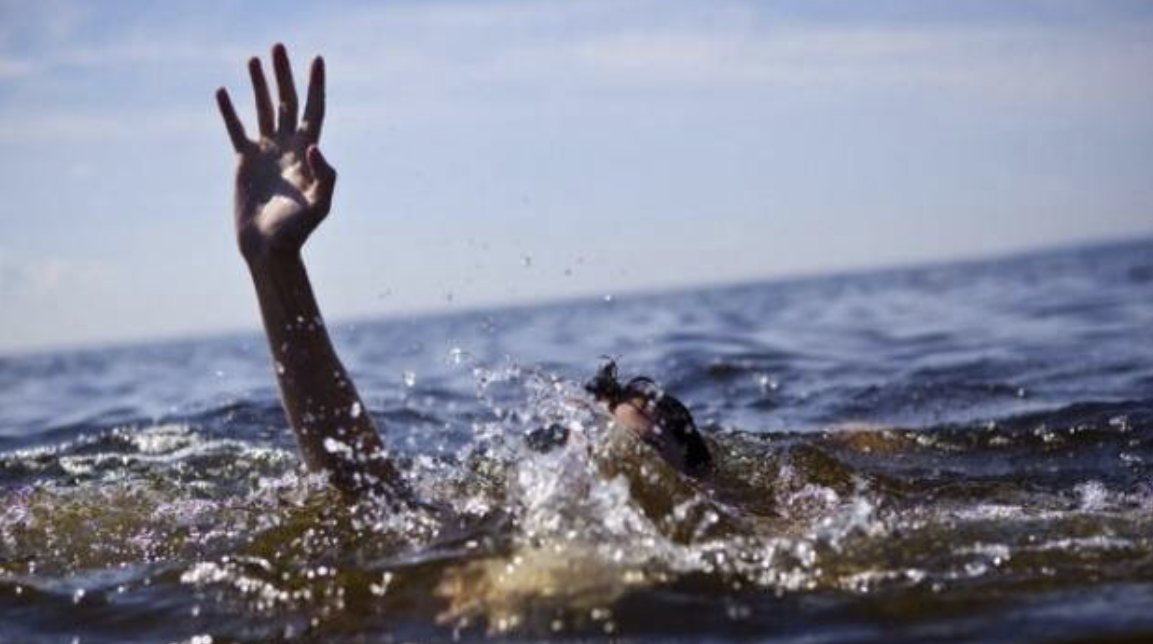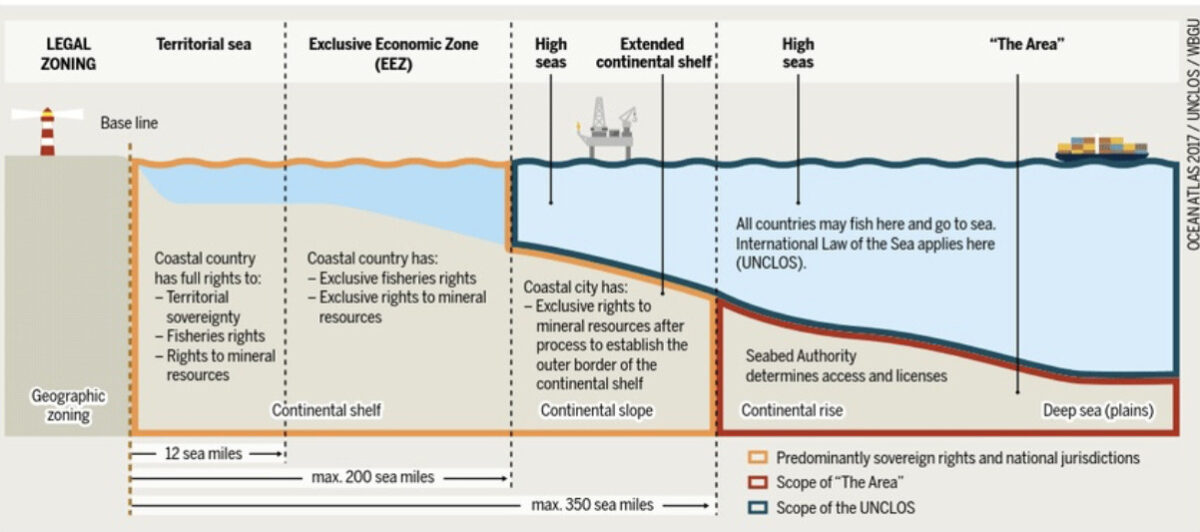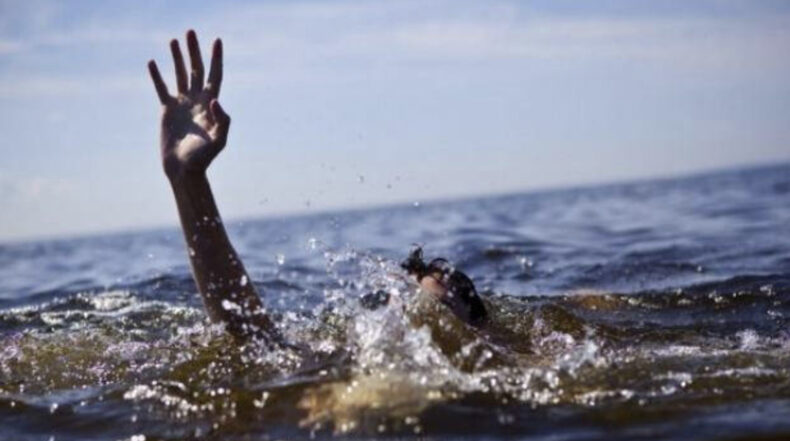
The vastness of our planet’s oceans often evokes a sense of awe and mystery. While the concept of international waters—those areas beyond the jurisdiction of any single country—presents unique challenges and opportunities, it also raises intriguing questions about human mortality. What happens when there is a death in Global Commons? In this article, we delve into the complexities surrounding death in international waters and explore the legal, practical, and ethical aspects associated with this phenomenon.
The Jurisdictional Conundrum
International waters, also known as the high seas, are governed by the United Nations Convention on the Law of the Sea (UNCLOS). This agreement, ratified by over 160 countries, establishes a framework for the use and protection of the world’s oceans. However, UNCLOS does not address the specific issue of dealing with death in Global commons . As a result, determining jurisdiction and responsibility becomes challenging when someone dies in these unclaimed territories.

Perils at Sea
Recent trends show a resurgence in movements of Rohingya refugees across the Bay of Bengal and Andaman Sea. These dangerous journeys have become deadlier, with prolonged voyages exposing refugees, including women and children, to life-threatening risks. The longer a ship remains at sea, the greater the danger faced by those on board.
While international laws and conventions oblige states to provide a safe harbor for distressed individuals at sea, the reality is far from ideal. The lack of prompt and effective rescue efforts has resulted in tragic deaths. Lives have been lost as vessels are denied entry due to fears of assuming sole responsibility for reception and solutions. It is imperative for all stakeholders to recognize their shared responsibility and strive for better solutions in the complex realm of international waters.
Legal Quandaries surrounding Death in Global Commons
When a person dies in international waters, a multitude of legal complications arise. In the absence of a clear legal framework, different countries may apply their own laws based on factors such as nationality, vessel registration, or the flag under which the ship is sailing. The lack of consistency often leads to legal disputes and can prolong the repatriation process, causing distress for the deceased person’s family and loved ones.
Practical Realities
Beyond legal complexities, practical considerations further complicate the aftermath of death in Global Commons – international waters. For instance : retrieving a body from the depths of the ocean is a challenging task, requiring specialised equipment, skilled personnel, and significant resources. If the death occurs on a commercial vessel, cruise ship, or military vessel, there may be established protocols in place to handle such situations. However, for individuals aboard private boats or yachts, the circumstances can be more precarious, potentially leaving loved ones grappling with logistical hurdles.
Ethical Considerations
The ethical dimensions surrounding death in international waters are both profound and thought-provoking. In some cases, bodies are buried at sea, adhering to traditions and respecting the deceased’s wishes. However, this raises questions about the impact on marine ecosystems and the potential pollution caused by such practices. Balancing respect for cultural and religious beliefs with the need to preserve the fragile marine environment becomes crucial.
Moving Towards Solutions
Given the increasing globalisation of maritime activities, addressing the complexities of death in Global Commons – International Waters is becoming ever more crucial. International organisations and governments need to collaborate to develop comprehensive guidelines and protocols to ensure a respectful and efficient process when dealing with such incidents. Establishing a consistent legal framework and providing clear instructions for vessel operators and crew members would contribute to smoother operations and offer solace to the bereaved families.
Death is an inevitable part of life, and understanding the implications of mortality in international waters is an important step towards ensuring dignity and respect for those who pass away in these unclaimed territories. By recognizing the legal, practical, and ethical challenges surrounding this issue, we can work towards developing solutions that promote a harmonious coexistence between humanity and the vast expanses of our global commons. Only through collaboration and international cooperation can we navigate these uncharted waters and find a path that honors the memory of those who rest beneath the waves.













